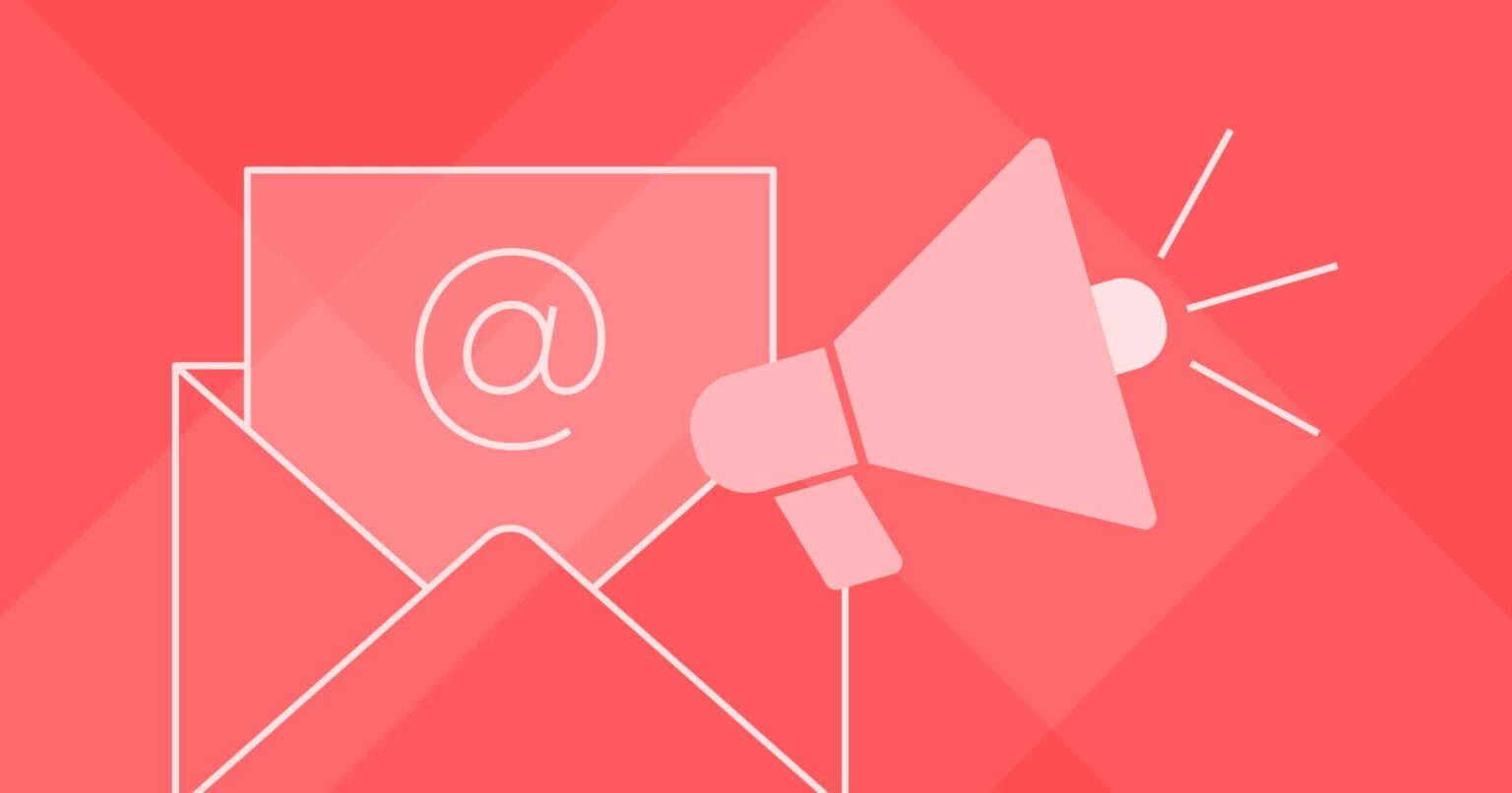
8 Email Marketing Tips to Boost Your B2B Sales in 2021
Among the many marketing strategies, email marketing is the easiest, most effective method to implement. Not only is it rewarding for B2C businesses, but B2B companies can also take advantage of it. When done right, it can get you to the right market and help you generate more sales.
If you want to understand how to optimize email marketing to increase your conversion, read on. In this article, we’ll look at eight email marketing tips to boost your B2B sales in 2021. Let’s get started.
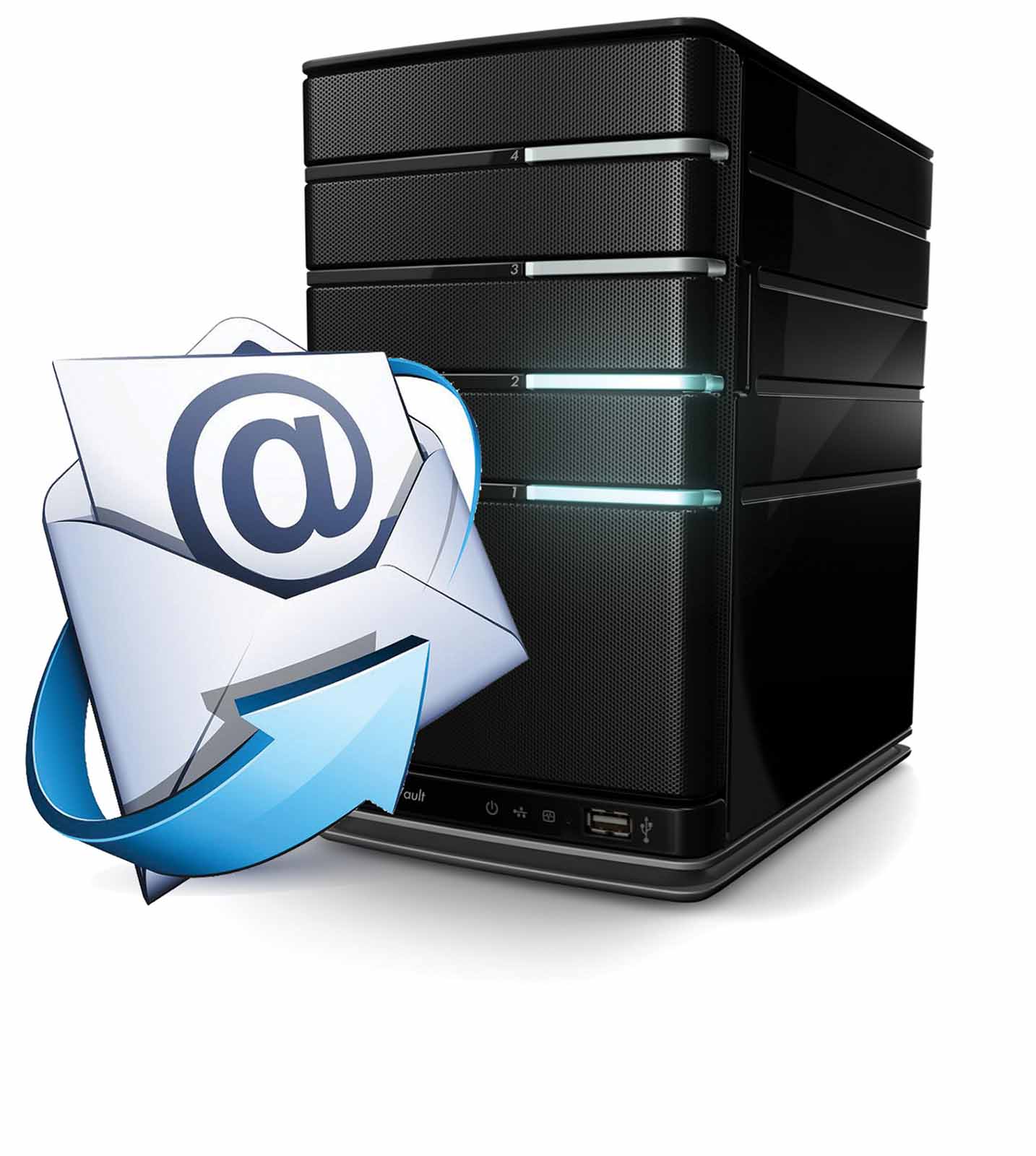
1. Choose the Right Email Hosting Service
Email hosting is a hosting service that allows users to store, send, and receive emails directly on the email server.
This service allows its users to use their domain name as their business email address, making it look more professional. Therefore, when deciding to run an email marketing campaign, make sure you’ve signed up for an excellent email hosting service.
Here’s the list of features to look for when choosing a web host for your email:
- Server uptime. It’s the amount of time your server is available online. Thus, check this first and foremost to avoid revenue loss.
- Security. You’ll be looking at a long email list containing your potential client’s sensitive information. Therefore, you need to make sure that the provider has the best security system in place.
- Customer support. Suppose you just build your business and are new to email marketing. In that case, go with a provider that offers 24/7 customer support. That way, you know where to reach out for help when you need it.
- Storage space. Besides sending and receiving messages, email can be used as a collaboration tool. That said, choose a web host that offers plenty of storage space to ensure an effective collaborative environment.
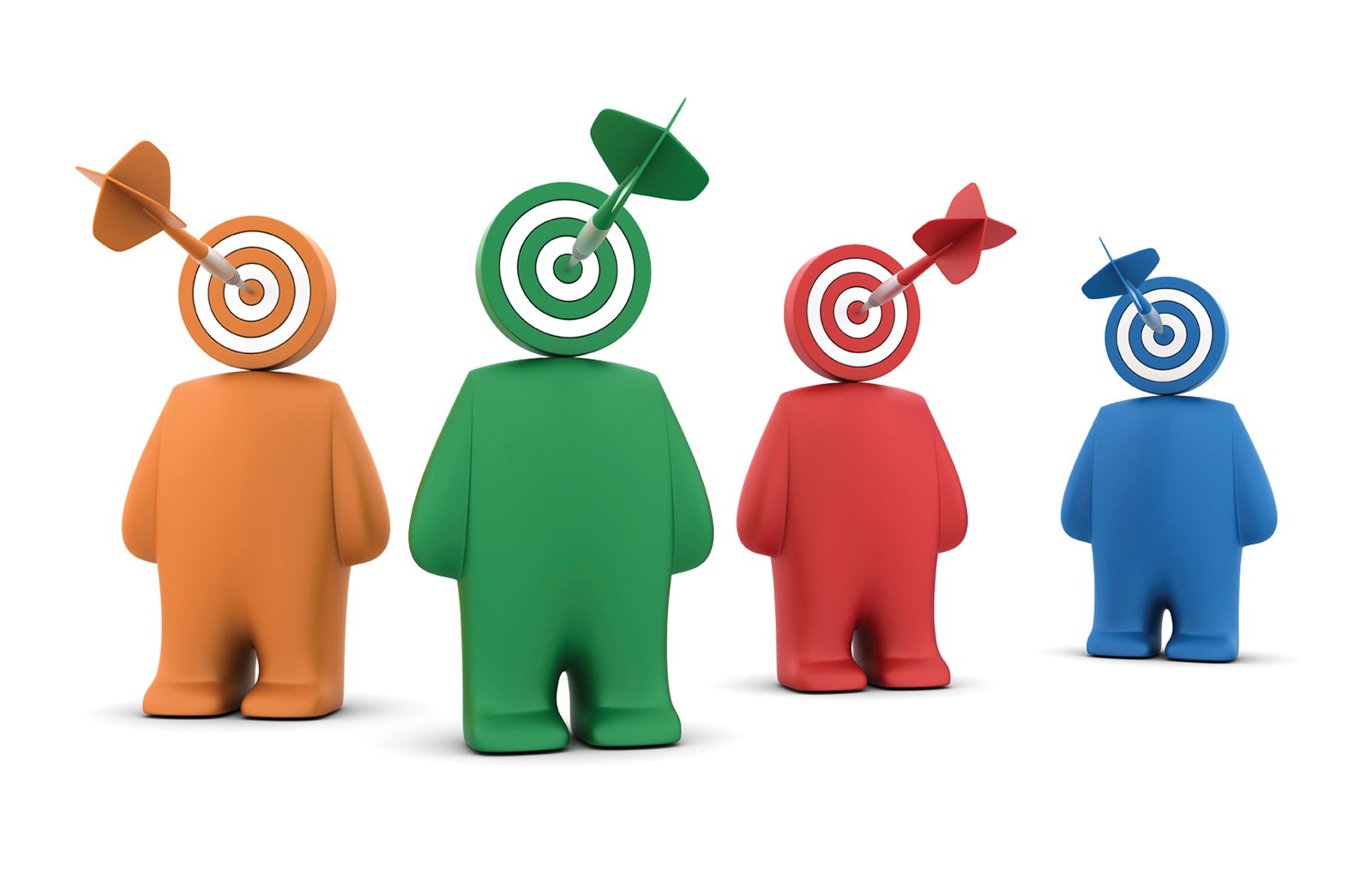
2. Understand Your Target Audience
Target audience refers to a specific demographic to which a company will sell its products or services. However, you’re facing a more informed audience when conducting B2B marketing. Unlike direct customers, businesses know what they’re looking for in the first place.
In the grand scheme, your target audience bases their decision by analyzing their needs. Then, they’ll thoroughly compare the product’s quality and price from different providers before buying a product or service.
Here are some of the few kinds of business clients you might find when conducting a B2B marketing campaign:
- Companies that need your products to produce theirs. For example, a furniture company needs to buy timber and tools from other companies. That said, you should only direct your marketing efforts to those who really need your products.
- Businesses that utilize your product or service for secondary tasks. If you offer computers and digital goods, you’re more likely to generate more sales. This is because nearly all offices today use those tools to complete their daily tasks.
- Agencies or organizations that need your product or service to support their operations. From toilet paper to air conditioners, anything that can fulfill an office’s needs shows a great prospect.
- Resellers and wholesalers that choose you as their supplier. As they’ll redistribute your goods to other customer groups, all you need to do is provide high-quality products that cater to any audience category.

3. Build Omnichannel Engagement
Omnichannel engagement is a strategy that allows you to manage multiple platforms or touchpoints from one unified console to provide a seamless customer experience. This is to ensure that the customer receives a consistent experience and message across the many different channels.
In email marketing, the strategy can be done by analyzing the engagement journey, from the top to the bottom of the marketing funnels, to base the email messaging.
For example, you can utilize your audience’s search history and interactions on your website. The data will show you what they are interested in and how you can help them with your products or services.

4. Pay Attention to the Title and Subject Line
An engaging email title and subject line will encourage readers to click through it, thereby increasing the email open rate. Thus, make sure to optimize your title and subject line.
Adding a personal touch, such as using your recipient’s name or including an emoji, makes your email stand out. Alternatively, utilizing human nature for fear of missing out is another excellent way to craft a creative subject line. Thus, don’t hesitate to include that “last chance” or “final hours” expression in your email.
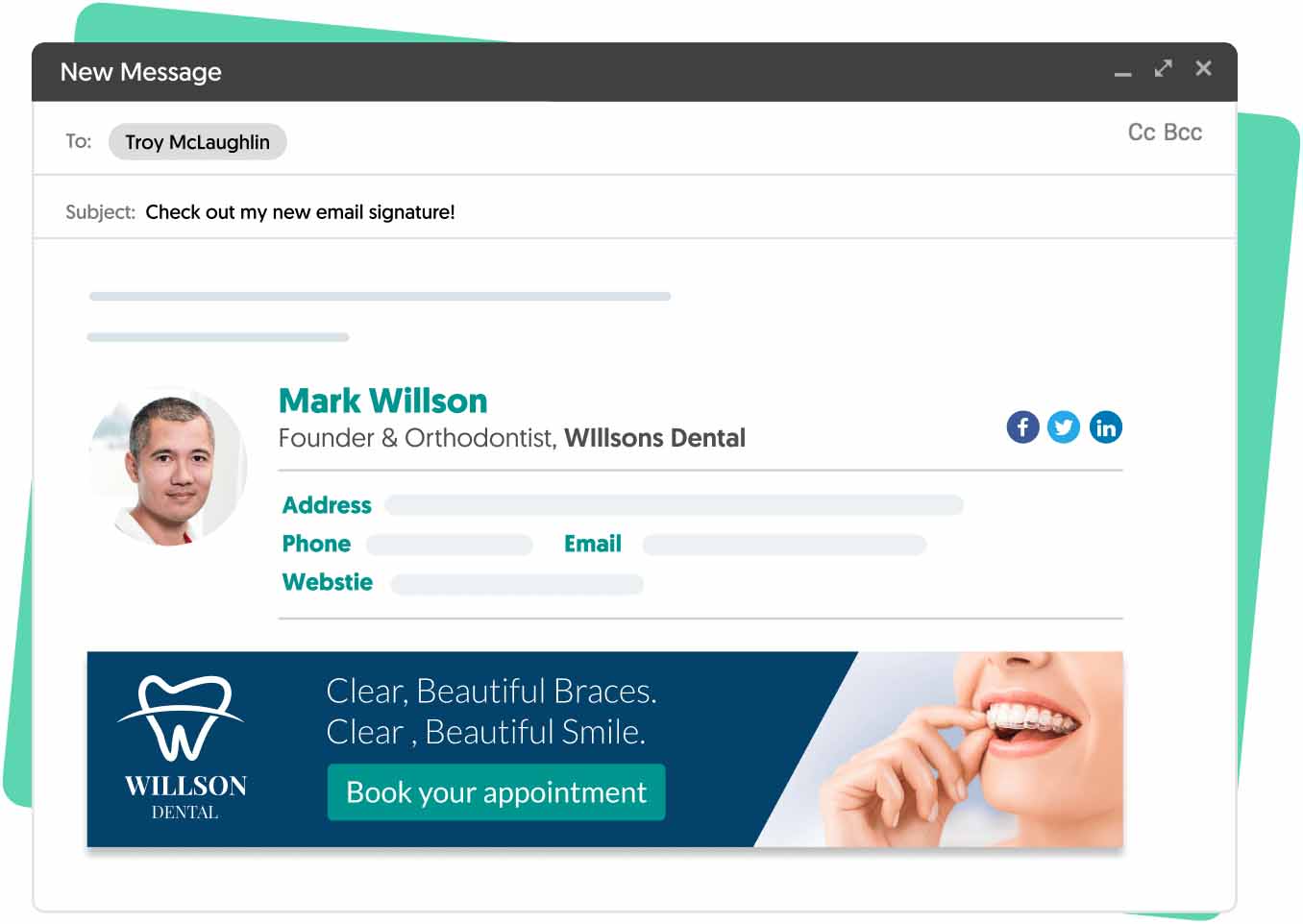
5. Focus on Email Banners
As an email banner is a visual aspect of your email, it’ll catch your email recipients’ attention first and foremost once they open it. That said, you need to make sure you have an appealing email header design.
Here’s a checklist for a great email banner:
- Logo. Office workers get tons of emails daily. If your logo isn’t apparent on your email header, you let your competitors outshine you. Therefore, include your logo to help your potential client recognize your brand easily.
- Overall design. Don’t forget to always align it with your niche to create a mood. If you offer a graphic design service, it’ll be nice to get creative with the email banner look.
- Color and typography. Both of these aspects also bring about a particular vibe to your design. Choose them wisely to make your header look more professional.
- Attractive copy. If you want to offer discounts, state it on the header. That way, your email recipient will know what it’s all about.

6. Deliver the Right Content
Your email content is the most essential part of your marketing email. As it’s where you put your promotional message, make sure you deliver the right content for your prospects.
Utilizing a problem-solving approach can be a great way to construct purposeful content. This is because a business owner won’t purchase a product or service from another business if it doesn’t offer value.
Therefore, research your target market well and make sure you’re not addressing a problem that doesn’t exist in the first place.
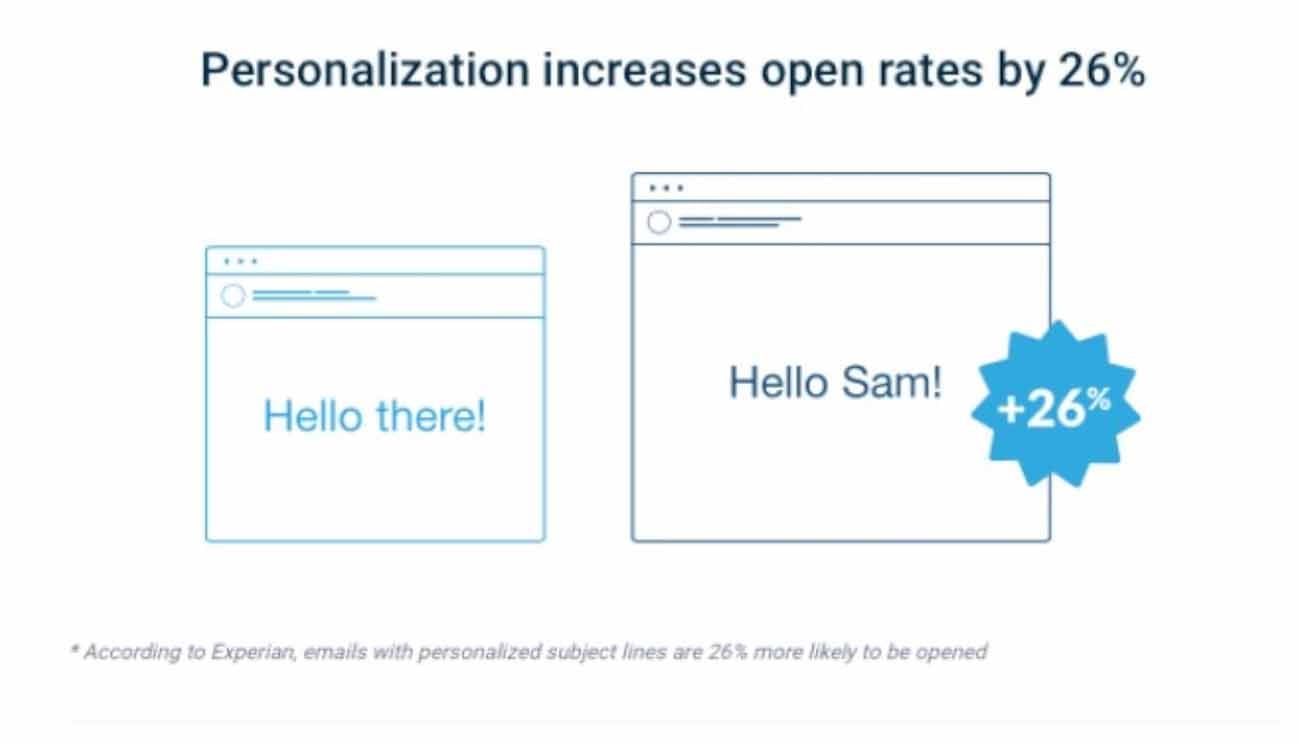
7. Personalize the Email
Personalizing an email means adding a personal touch to make it more relevant to the recipient. Using the prospect’s name in the greeting is the easiest way to personalize an email. However, the practice goes beyond that.
Utilizing Customer Relationship Management software (CRM) can help with email personalization. This is because CRM analyzes customer interactions to help you nurture a good relationship with your customers and potential ones.
With the strategy, you can create more personalized content based on where your potential client stands in their journey. Additionally, it also allows you to determine what types of email to send, when to send them, and how often you should do it.
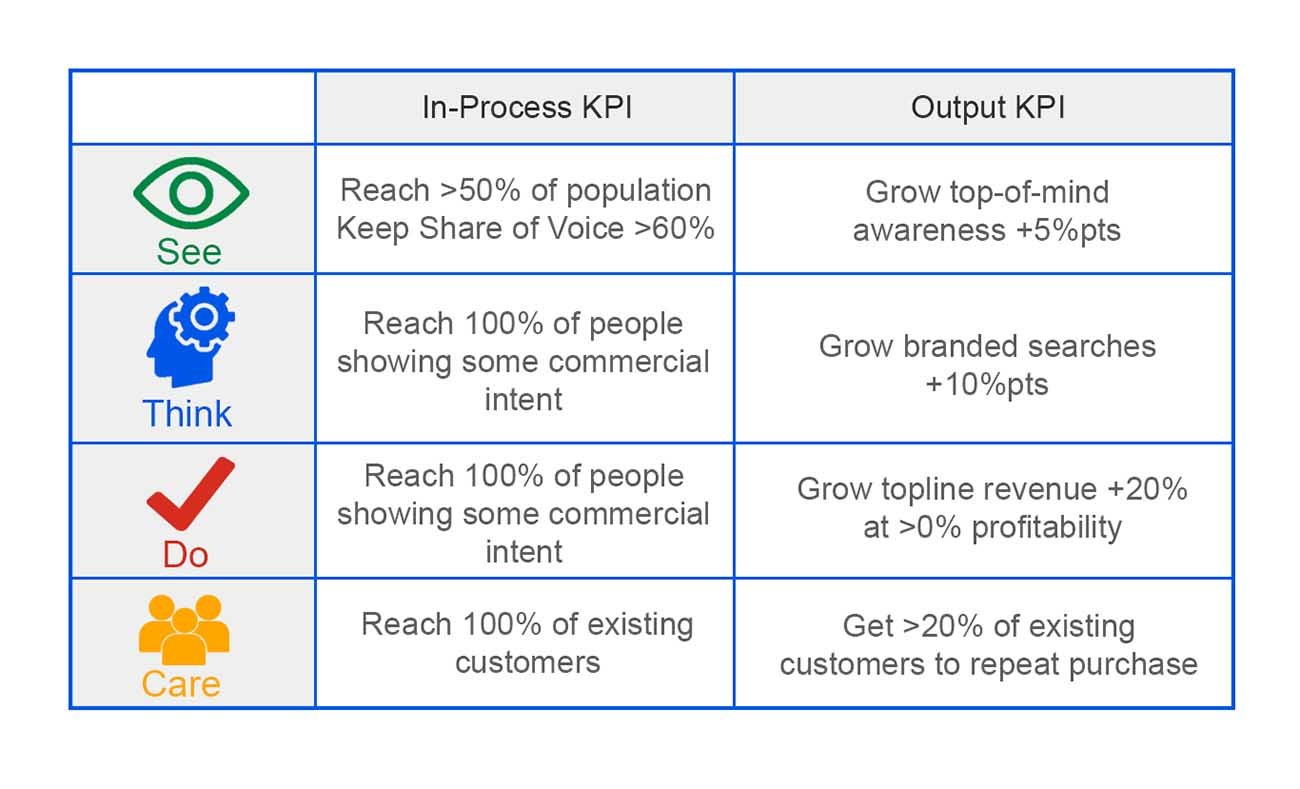
8. Measure KPI
Key Performance Indicators (KPI) refers to the value that shows if a company’s efforts in achieving its goals and objectives are effective. Therefore, by measuring the KPI, a company will see which area is performing well and which one needs some improvement.
For that, keep track of how your email marketing campaign is performing. Here are some of the email marketing metrics to monitor:
- Delivery rate. Just because you have an extensive email list, it doesn’t mean every email you send gets to its destination. Further, you can also use Inbox Placement Rate (IPR) to ensure that your email arrives in your recipient’s inbox and not the junk folder.
- Open rate. For this, see if your prospects actually open your email. Research your industry’s open rate to set a benchmark. Then, you can formulate a strategy to achieve the success indicator.
- Click-through rate (CTR). This KPI shows you how many people click the link on your email. It helps you analyze how effective your Call-to-Actions (CTA) are.
- Social media shares and email forwards. Both of those actions demonstrate engagement. Suppose the number is low. In that case, you need to revamp your email content delivery.
- Conversion rate. This is the KPI that matters the most as it shows you that your email has successfully got your prospects to take the desired action. For example, a conversion can be a demo request, an event registration, or a download.
- Unsubscribe rate. The most common reason people stop subscribing to a newsletter is that the content doesn’t feel relevant anymore. Thus, keeping track of this metric is great for helping you continuously improve your campaign.

Conclusion
When it comes to email marketing, there are several things to note, like optimizing the subject line, email banners, Calls-to-Action, and the content itself. On top of that, email hosting services are among the crucial aspects to take care of. Without an excellent hosting service, you risk losing your potential clients to your competitor. Therefore, choose wisely.






